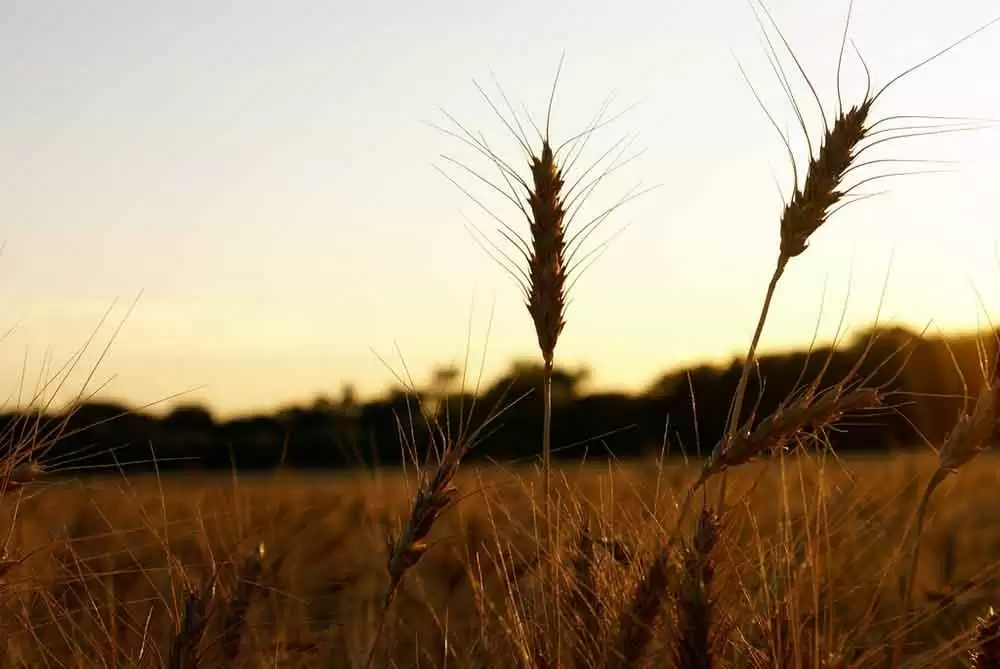
Celiac.com 01/03/2019 - Celiac disease is common in Saudi Arabia, affecting about 1.5% of the country's total population, according to a recent mass screening study. A team of researchers recently set out to determine the frequency of celiac disease-predisposing human leukocyte antigen (HLA)-DQ genotypes in the Saudi population.
The research team included A Al-Hussaini, H Alharthi, A Osman, N Eltayeb-Elsheikh, and A Chentoufi. They are variously affiliated with the Division of Pediatric Gastroenterology, Children's Specialized Hospital, King Fahad Medical City; College of Medicine, Alfaisal University; Prince Abdullah bin Khalid Celiac Disease Research Chair, Department of Pediatrics, Faculty of Medicine, King Saud University, Riyadh, Kingdom of Saudi Arabia; the Department of Pathology and Laboratory Medicine, Division of Immunology, King Fahad Medical City, Riyadh, Kingdom of Saudi Arabia; the Department of Immunology, University of Mohammed VI for health sciences, Casablanca, Morocco.
Celiac.com Sponsor (A12):
For their cross-sectional population-based study, the team enrolled 192 randomly selected healthy school children, who all tested negative for tissue transglutaminase-IgA. The team then used polymerase chain reaction sequence-specific oligonucleotide probes to type the children for D QA1 and D QB1 genes.
More than half of the children carried the high-risk celiac disease-associated HLA-DQ molecules at the following rates: homozygous DQ2.5 ( 2.6%), DQ2.5/DQ2.2 ( 4.7%), heterozygous DQ2.5 ( 28.15%), homozygous DQ8 ( 4.2%), DQ8/DQ2.2 ( 3.6%), and double dose DQ2.2 ( 9.4%). Another 13% had low-risk celiac disease-associated HLA-DQ molecules, single dose DQ2.2 and heterozygous DQ8.
In the ultra low-risk groups, subjects without alleles that promote DQ2/DQ8 variants (33.5%), 13.5% carried only one of the alleles of the high-risk HLA-DQ2.5 heterodimer called "half-heterodimer" (HLA-DQA1*05 in 12% and HLA-DQB1* 02 in 1.5%), and 20.8% lacked all the susceptible alleles (DQX.x). The celiac disease-risk groups showed no important differences in gender distribution.
More than half the healthy general Saudi population carries celiac disease-predisposing HLA-DQ genotypes, one of the highest general rates in the world; a fact that may help to explain the high rates of celiac disease in the Saudi population.
Source:



.webp.add70389dc568455ff09f6216901bead.webp)







Recommended Comments
Create an account or sign in to comment
You need to be a member in order to leave a comment
Create an account
Sign up for a new account in our community. It's easy!
Register a new accountSign in
Already have an account? Sign in here.
Sign In Now